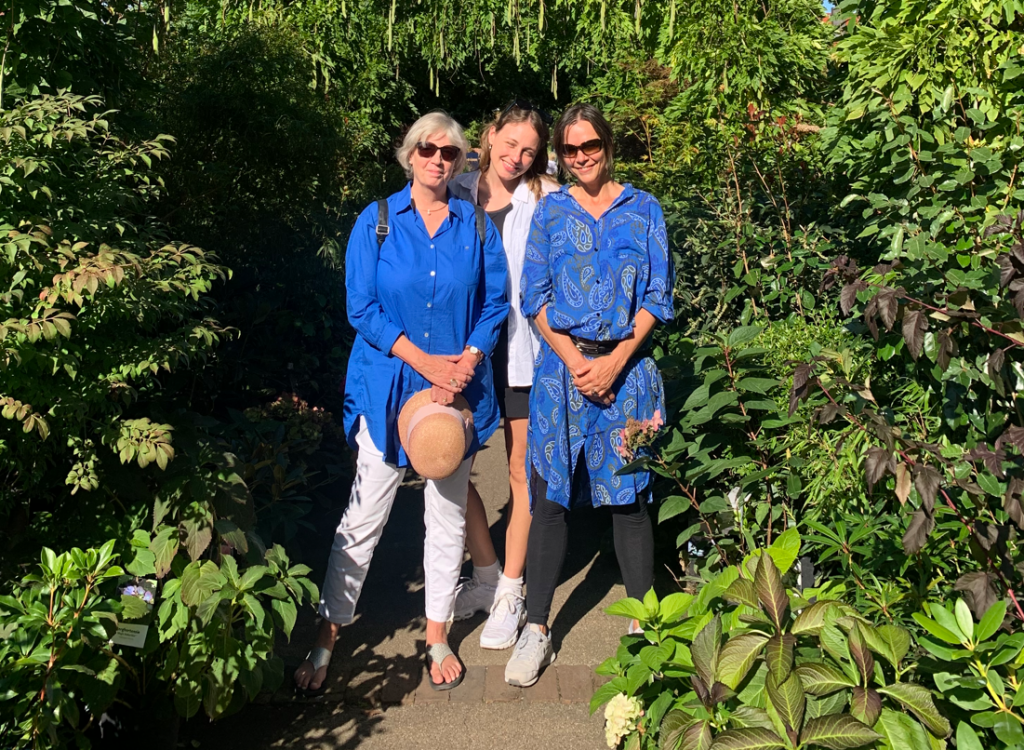1. About Data Affairs
It may not sound exciting at first, but it is very important for responsible research – research data management. Careful organization of one’s research data not only benefits the researchers themselves but is also in the interest of funders, other scholars, and the general public. In the spirit of Open Science, researchers are encouraged to prepare their data according to the FAIR principles, i.e. making data „findable, accessible, interoperable, and reusable.“
As a support platform, DATA AFFAIRS aims to provide early-career researchers, students, and educators working with qualitative data with an overview of research data management issues and to invite them to engage in interactive self-study. Field reports from ethnographic research provide illustrative examples that encourage (critical) engagement with the demands of the Open Science movement. A reflective and systematic approach to empirical research data is essential for good scientific practice, and DATA AFFAIRS aims to support this process.
2. Participating Institutions
2.1 Collaborative Research Centre 1171 „Affective Societies“
Since 2015, the DFG-funded Collaborative Research Centre 1171 „Affective Societies – Dynamics of Coexistence in Mobile Worlds“ has been exploring the fundamental role of affects and emotions in 21st century societies. Researchers from ten disciplines in the social sciences, humanities, cultural studies and natural sciences are working together to study today’s mobile, networked and mediatized worlds and the associated dynamics of transformation and crisis.
The platform „DATA AFFAIRS – Data Management in Ethnographic Research“ was developed and tested during the second funding phase of the CRC, from 2019 to 2023, as part of the „Information Infrastructure“ subproject.
More information about the CRC, subprojects, and public events can be found here: https://www.sfb-affective-societies.de/
2.2 FUB-IT
DATA AFFAIRS is implemented using the Open Encyclopedia System (OES) software developed by the FUB-IT at the Freie Universität Berlin. OES is a standardized platform for the humanities, cultural and social sciences for creating, publishing and maintaining scientific online reference works in open access. Since 2018, online encyclopedias, compendia and lexicons have been implemented with OES. OES is based on the open-source content management system WordPress and extends its system architecture with encyclopedic functionalities by distinguishing between publication and editorial environments. OES is implemented as a WordPress plugin with associated themes; the source code is available for reuse by third parties under a GPLv2 license on GitHub.
For DATA AFFAIRS, project-specific extensions were made to the OES editing and publishing environment, including the ability to create, manage and display learning units.
3. The Team
Birgitt Röttger-Rössler (Project Director)
Birgitt is Professor of Social and Cultural Anthropology and will soon be retiring. From 2015 to 2022, she served as spokesperson for the CRC 1171 “Affective Societies” and, until July 2023, she led the CRC’s Information Infrastructure Project, in which the DATA AFFAIRS platform was developed. Birgitt has conducted field research in Indonesia for several years, beginning in the 1980s, when field recordings and data management processes were exclusively analog (and often handwritten). She is currently researching transnational family structures in the Vietnamese community in Berlin, where mediatized communication plays a central role. With regard to RDM, she is particularly fascinated by the in-depth consideration of the question of what ethnographic data are, how they are changed by digitalization, and what social and epistemological consequences the increasing “datification” of contemporary societies has.
Camilla Heldt (Research Assistant)
Camilla completed her Master’s degree in Social and Cultural Anthropology at the FU in 2022 and has been working on DATA AFFAIRS ever since. She explores research data management topics from an anthropological and critical perspective. What fascinates her most about RDM is the exploration of an emerging interdisciplinary field that is currently developing and establishing itself.
Anne Voigt (Research Assistant)
Anne studied German Linguistics (Magistra) and Educational Media (M.A.) in Berlin and Duisburg/Essen. She has been working in education for over 20 years and has more than 15 years of professional experience in designing and developing digital educational media, as well as in media didactic consulting, including roles in publishing and at HWR Berlin. At CRC 1171, she was responsible for the conceptual planning, didactic implementation, and editorial fine-tuning of DATA AFFAIRS from 2020 to 2024. She is particularly passionate about the challenge of engaging early-career researchers with the topic of RDM and creating suitable resources that enable independent learning.

Source: Team DATA AFFAIRS, 2023, All rights reserved
Michaela Rizzolli (Research Assistant)
Michaela is a European ethnologist and completed her PhD at the University of Innsbruck (Austria) in 2016. From 2019 to 2022, she was employed at the CRC 1171, where she supported the CRC in planning and implementing a data management concept, while also empirically investigating the data practices of the researchers in the CRC. During her time at the CRC, she was also instrumental in planning the concept and content of DATA AFFAIRS. Since 2022, she has been developing adequate solutions for the archiving and secondary use of anthropological research materials at the Qualiservice research data center. What fascinates her most about research data management is the question of how the requirements of ethnological research data can be professionally translated and mapped onto infrastructure, workflows, and processes.

Source: Michaela Rizzolli, 2023, All rights reserved
Saskia Köbschall is a curator and anthropologist. Her work combines research, curatorial practice, and collaborative projects with a focus on colonial continuities, particularly in concepts of nature, environment, and the body. She also works as a translator of cultural studies, historical, and artistic texts. As a staff member of the FID-SKA at the Humboldt University Library in Berlin, she is responsible for translating all texts and exercises from German into English as part of the Data Affairs project.
